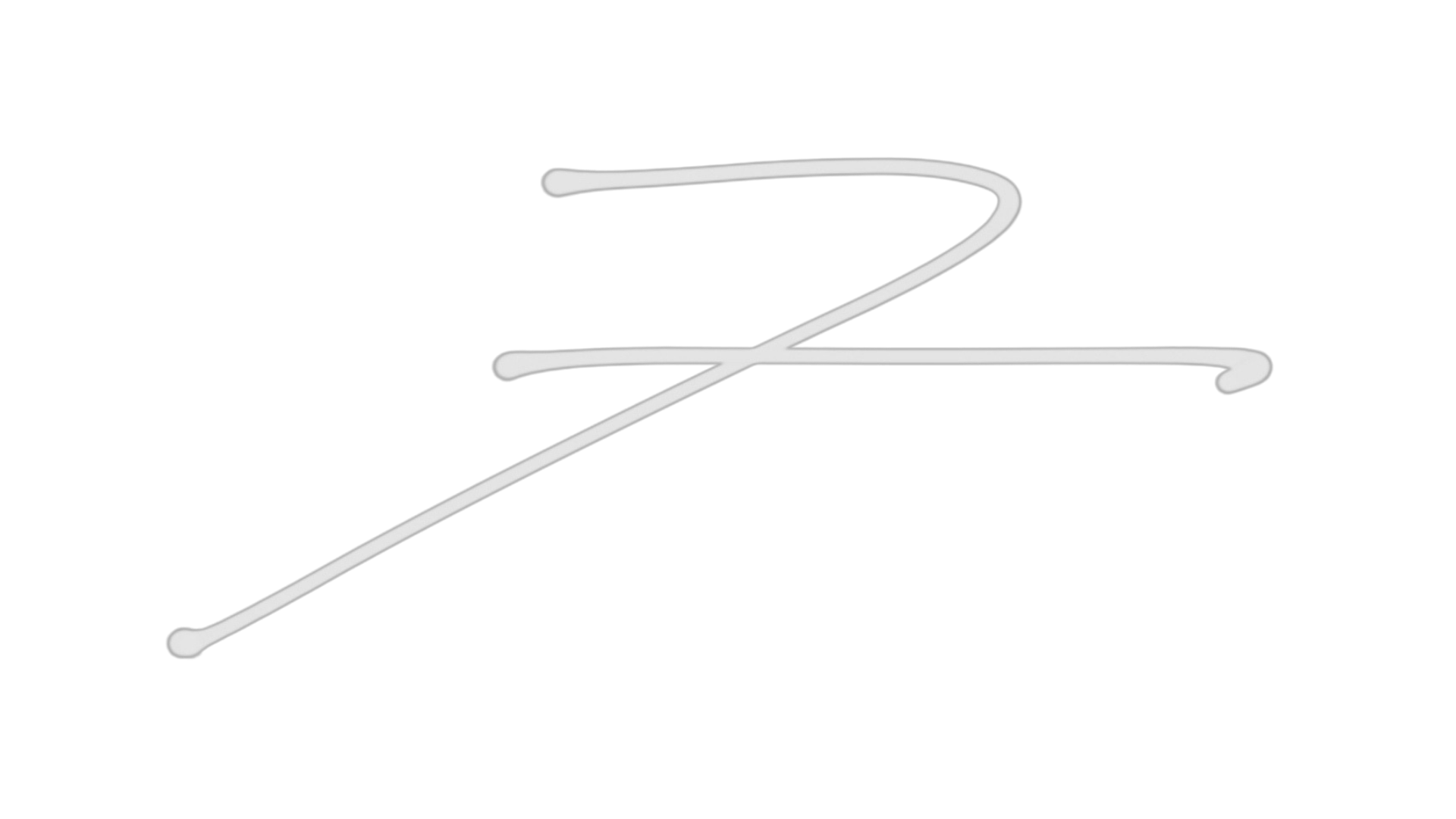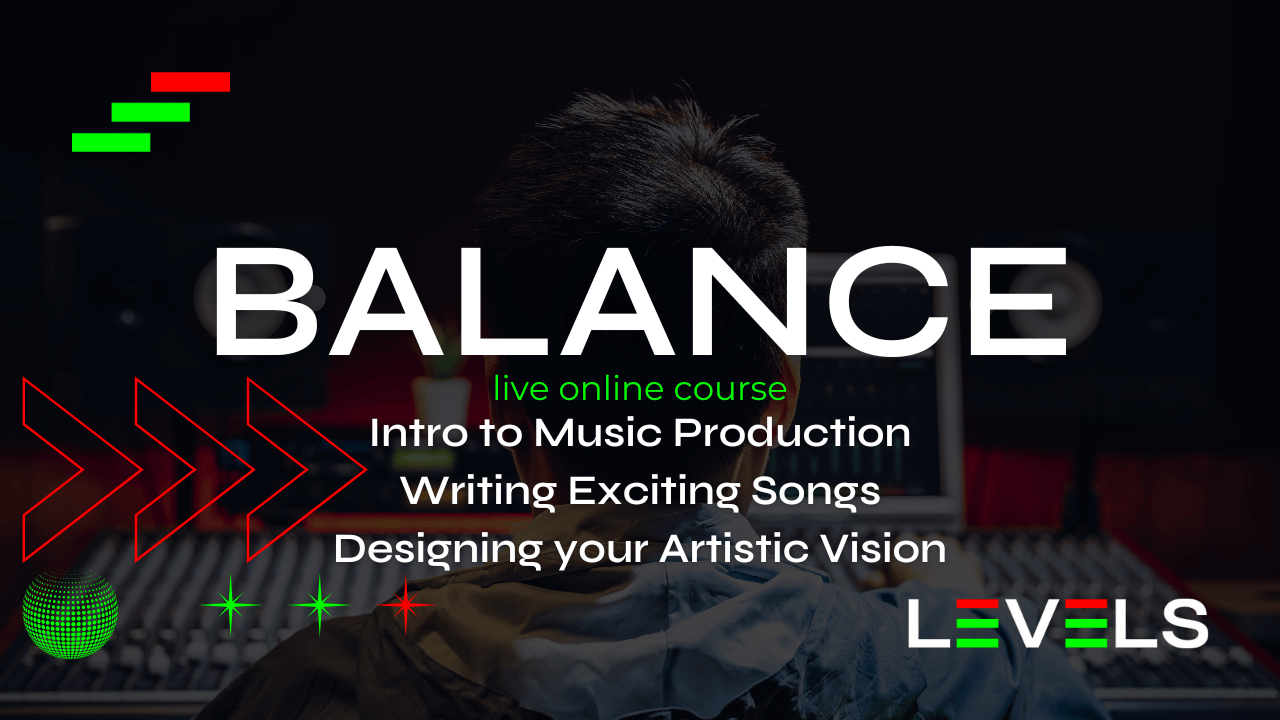Unlock Your Creative Potential: An Introduction to Music Production
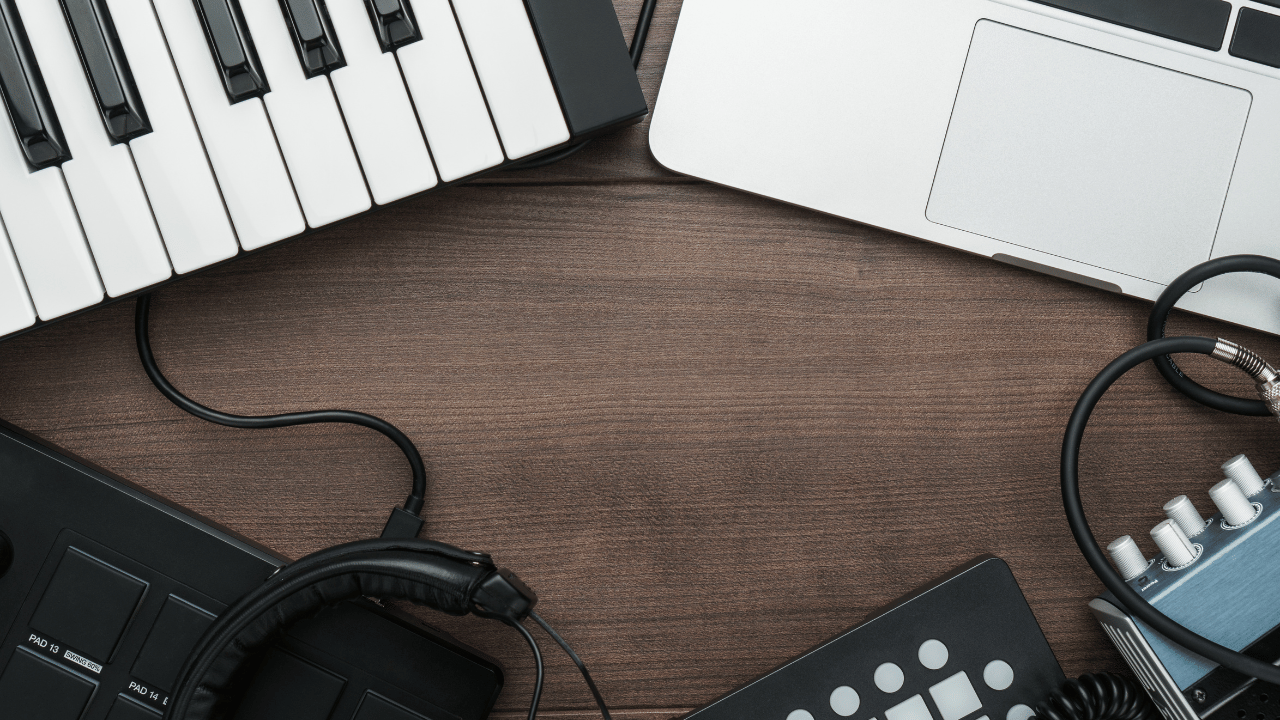
Are you ready to unlock your creative potential and dive into the world of music production? Have you ever listened to a song and wished you could create something just as impactful and moving? The truth is, you can. Music production is a powerful tool for expressing yourself and unlocking your creative potential. Creating music has never been more accessible or easier to learn. In this article, I will provide an introduction to music production and explore the different ways it can help you unlock your potential and develop your own unique sound.
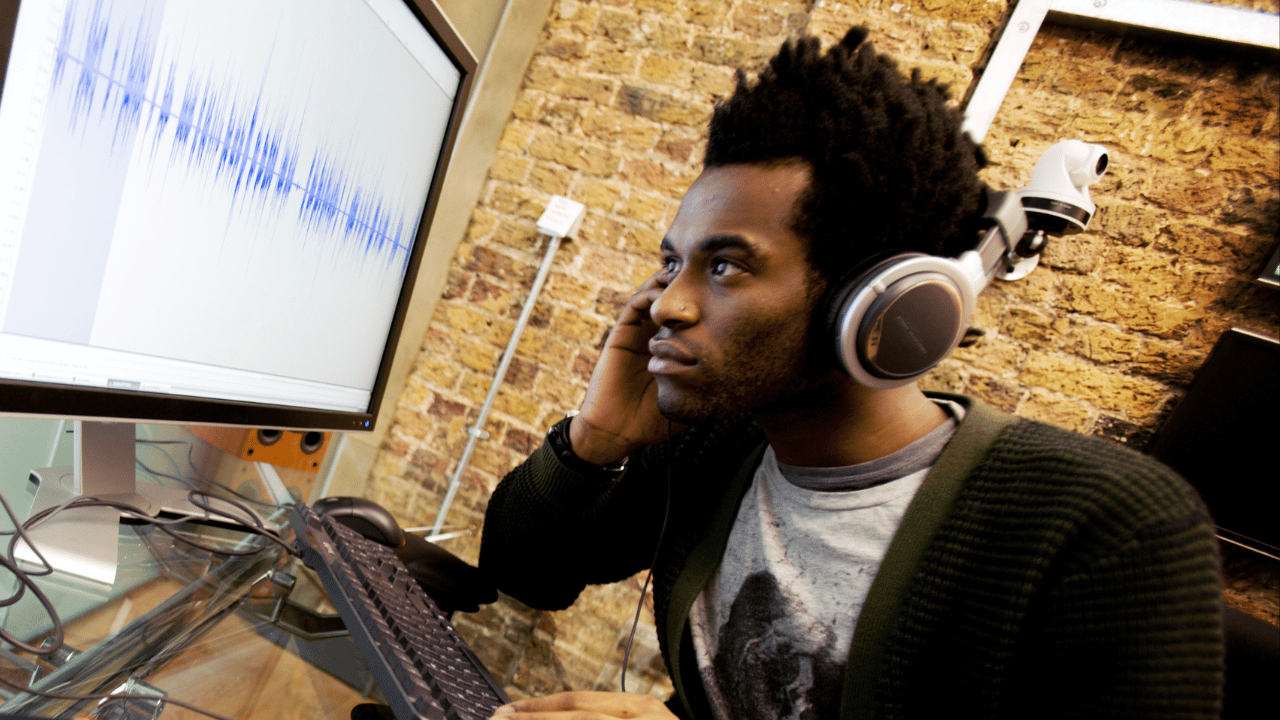
Read my blog: How to Start a Home Studio on a Small Budget from $200 to $1500
Music Production Tools
The first step in music production is finding the right tools. There are many digital audio workstations (DAWs) available, such as Ableton Live, Logic Pro, and FL Studio. These programs provide you with the necessary tools to record, edit, and produce your own music. In addition to your DAW and computer you will need an audio interface and headphones. If you can afford to do so, purchase some studio monitors and a decent microphone too. Once you have these components, you should also purchase any additional software plugins or VSTs (Virtual Studio Technology) that you may need to create the sound you're looking for. There are some FREE VST plugins available so look for those first.
Preparing Your Home Studio Workspace
You'll need to decide on the type of workspace that best suits your needs, whether it's a studio, bedroom, or other space. Next, make sure your workspace is comfortable and efficient. Find a comfortable chair, a good desk, and make sure your workstation is well-lit and organized. Clear out any distractions, such as phones, televisions, and other devices. Make sure you have a comfortable area to record, mix, and master your music. You may also want to consider adding some sound-diffusing material to your walls to help reduce too many sound reflections. Finally, set up your monitors in an area with consistent acoustics so that you can get an accurate sound. Following these steps will help ensure that you have a comfortable, efficient workspace to create your music. Once you have the setup in place, you'll need to learn the basics of music production. This includes recording, mixing, and mastering.
Recording Sounds
Once you have your DAW, it's time to start experimenting with sound. The basics of recording include setting up microphones, adjusting levels, and recording audio. Start by recording a simple vocal melody or program a simple drum beat using MIDI and then layer in different instruments and effects. The key is to not be afraid to make mistakes and try new things. The beauty of music production is that it's easy to undo and try again.

Compositing and Editing Audio Takes
Compositing and editing audio takes are essential components of music production. Compositing involves combining individual audio takes into a single master track. Editing audio takes involves refining an individual take with techniques such as crossfading sections and using noise reduction plugins. These techniques can help to improve the overall quality of the sound, making it more powerful and impactful. Compositing and editing audio takes is a skill that takes practice and patience, but is an essential part of the music production process. With the right tools and techniques, you can create stunning and captivating pieces of music.
Mixing & Mastering Music
Another important aspect of music production is learning how to mix and master your tracks. Mixing is the process of adjusting the levels and panning of different elements in your track to create a cohesive sound. Mastering is the final step in the production process, where you adjust the overall loudness and balance of your track to make it sound polished and ready for release. It is important to have a clear understanding of both processes, so you can make sure your music sounds its best before you put it out for the world to hear. The right mixing and mastering can make all the difference in the world to how your track sounds, so it is worth investing the time and effort to get it just right.
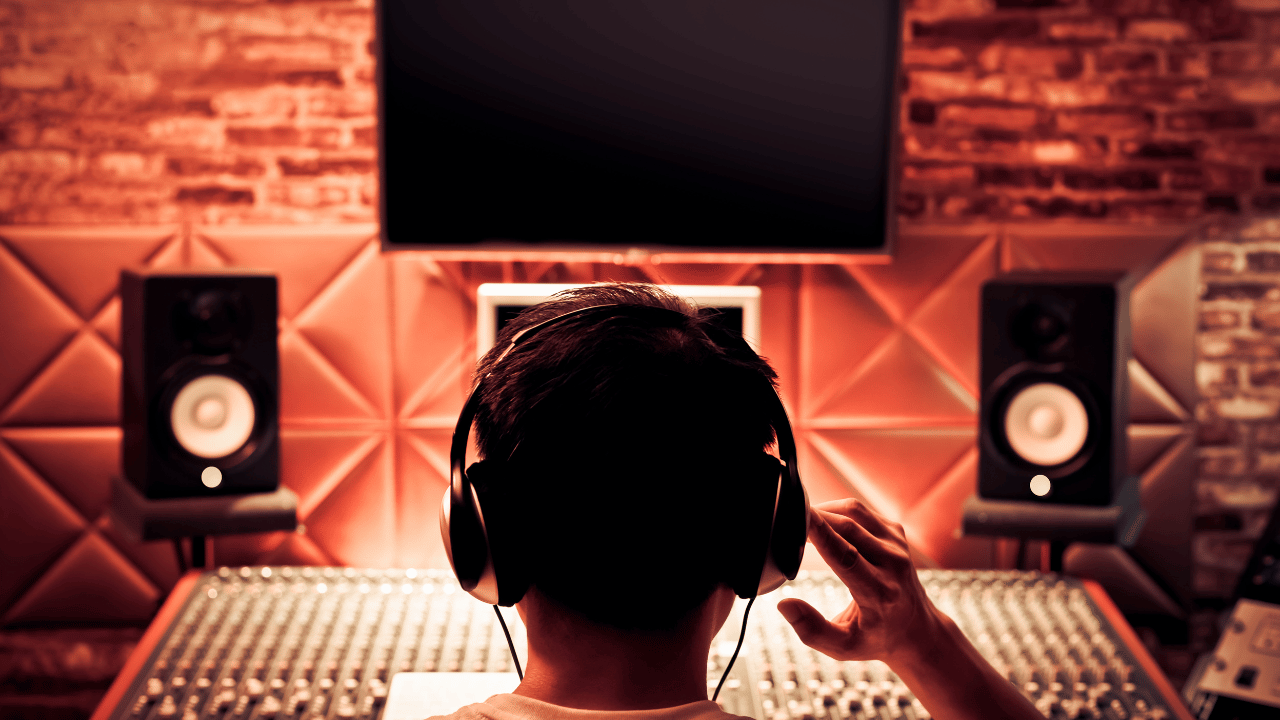 🎚 Learn how to get Loud & Clear mixes with my 9-class live online Mixing & DAW course 🎚
🎚 Learn how to get Loud & Clear mixes with my 9-class live online Mixing & DAW course 🎚
Understanding Sampling and Synthesis
Sampling and synthesis are two of the most commonly used techniques in music production. Sampling is the process of taking a pre-recorded sound or voice and incorporating it into a new track. Synthesis is the process of creating sounds from scratch, using a synthesizer to generate tones and manipulate sound waves. When used together, sampling and synthesis can bring an entirely new level of creativity to music production. It's important to remember that sampling and synthesis are just tools, and are only as good as the person using them. Whether you're a beginner or a seasoned professional, with a bit of practice and creativity, these techniques can be used to produce amazing results
Creative Techniques for Music Production
The key to creating a unique sound is experimentation. With the right tools, you can experiment with different types of sounds, time signatures, and effects. Try a different genre or instrument and see what interesting sonic textures you can create.You can also experiment with different effects like reverb, delay, and EQ to create different sonic textures. Creative techniques can help you to find new ways of working and discover unique sounds. With the right tools and some practice, you’ll soon be able to craft the music you want to make.

Trusting Your Instincts
One of the most important things to remember when producing music is to trust your instincts and not be afraid to take risks. Don't be afraid to try new things and push the boundaries of what's possible. Remember, the most impactful and moving songs often come from taking a chance and trying something new.
In conclusion, music production is a powerful tool for expressing yourself and unlocking your creative potential. With the right tools and mindset, you can create something truly impactful and moving. So go out there and start experimenting, who knows what you might create!
I'm Futch, a music production coach who not only offers free content and a free Ableton Live online course but also a complete 27-class Live Online Intro to Music Production course, complete with coaching and a community of users. You can find out more and sign up for discounted early access here.
Futch - Music Production Coach and Ableton Certified Trainer
Learn Music Production with my 27-class live online classes and on-demand video training:
Music Production Fundamentals • Writing Exciting Songs • Designing Your Artistic Vision
Make You-Type Beats

